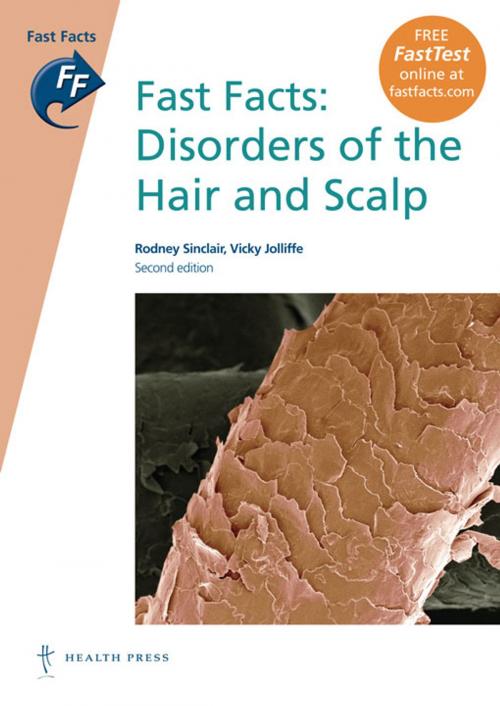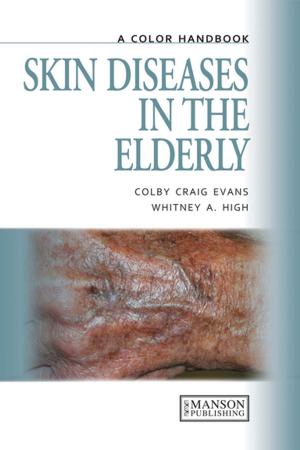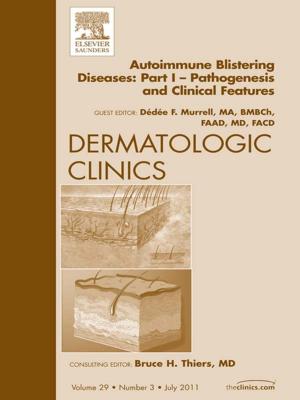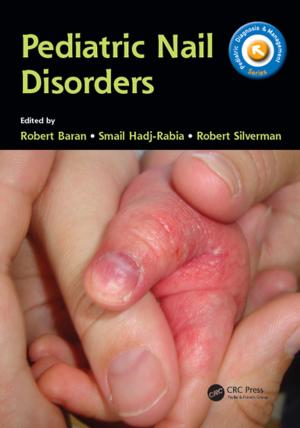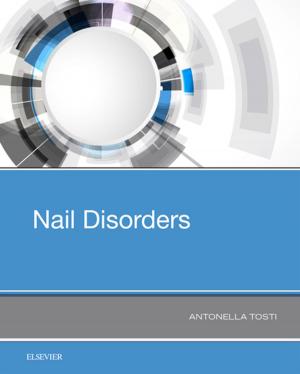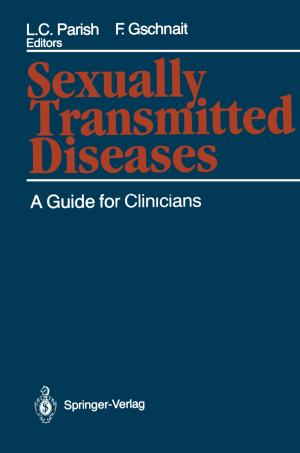Fast Facts: Disorders of the Hair and Scalp
Nonfiction, Health & Well Being, Medical, Specialties, Dermatology| Author: | Rod Sinclair, MBBS, FACD, MD, Vicky Jolliffe, MA FRCP FRCS(Ed) MRCGP | ISBN: | 9781908541512 |
| Publisher: | Health Press Limited | Publication: | August 21, 2013 |
| Imprint: | Health Press | Language: | English |
| Author: | Rod Sinclair, MBBS, FACD, MD, Vicky Jolliffe, MA FRCP FRCS(Ed) MRCGP |
| ISBN: | 9781908541512 |
| Publisher: | Health Press Limited |
| Publication: | August 21, 2013 |
| Imprint: | Health Press |
| Language: | English |
Hair is inextricably linked with an individual’s sense of worth, personal style and self-confidence. If this is overlooked by clinicians, patients presenting with hair disorders may feel undertreated and underappreciated. Fast Facts: Disorders of the Hair and Scalp is a practical resource that will help healthcare professionals diagnose a wide range of hair and scalp disorders (including different types of hair loss), perform further investigations and, where appropriate, provide treatment options. Highlights include: – A well-illustrated overview of hair biology and the normal hair cycle – A clear guide to history taking, observational examination and investigation – Over 70 tables, illustrations and photographs to aid clinical diagnosis – A concise explanation of the role of androgens and genetics in male and female pattern hair loss – Practical steps for the assessment of diffuse hair loss – Comprehensive details of topical and systemic therapies for alopecia areata – A classification of scarring alopecias, with treatment options – Scalp disorders presented by symptom – scaly, itchy or painful – An overview of special problems in children This fully revised second edition of Fast Facts: Disorders of the Hair and Scalp is an ideal resource for primary care practitioners, practice nurses, trainee dermatologists and medical students wanting to provide the most appropriate therapeutic, cosmetic and supportive advice to their patients, and for trichologists and consultant dermatologists wanting to keep up to date and informed on the many hair and scalp disorders.
Hair is inextricably linked with an individual’s sense of worth, personal style and self-confidence. If this is overlooked by clinicians, patients presenting with hair disorders may feel undertreated and underappreciated. Fast Facts: Disorders of the Hair and Scalp is a practical resource that will help healthcare professionals diagnose a wide range of hair and scalp disorders (including different types of hair loss), perform further investigations and, where appropriate, provide treatment options. Highlights include: – A well-illustrated overview of hair biology and the normal hair cycle – A clear guide to history taking, observational examination and investigation – Over 70 tables, illustrations and photographs to aid clinical diagnosis – A concise explanation of the role of androgens and genetics in male and female pattern hair loss – Practical steps for the assessment of diffuse hair loss – Comprehensive details of topical and systemic therapies for alopecia areata – A classification of scarring alopecias, with treatment options – Scalp disorders presented by symptom – scaly, itchy or painful – An overview of special problems in children This fully revised second edition of Fast Facts: Disorders of the Hair and Scalp is an ideal resource for primary care practitioners, practice nurses, trainee dermatologists and medical students wanting to provide the most appropriate therapeutic, cosmetic and supportive advice to their patients, and for trichologists and consultant dermatologists wanting to keep up to date and informed on the many hair and scalp disorders.
